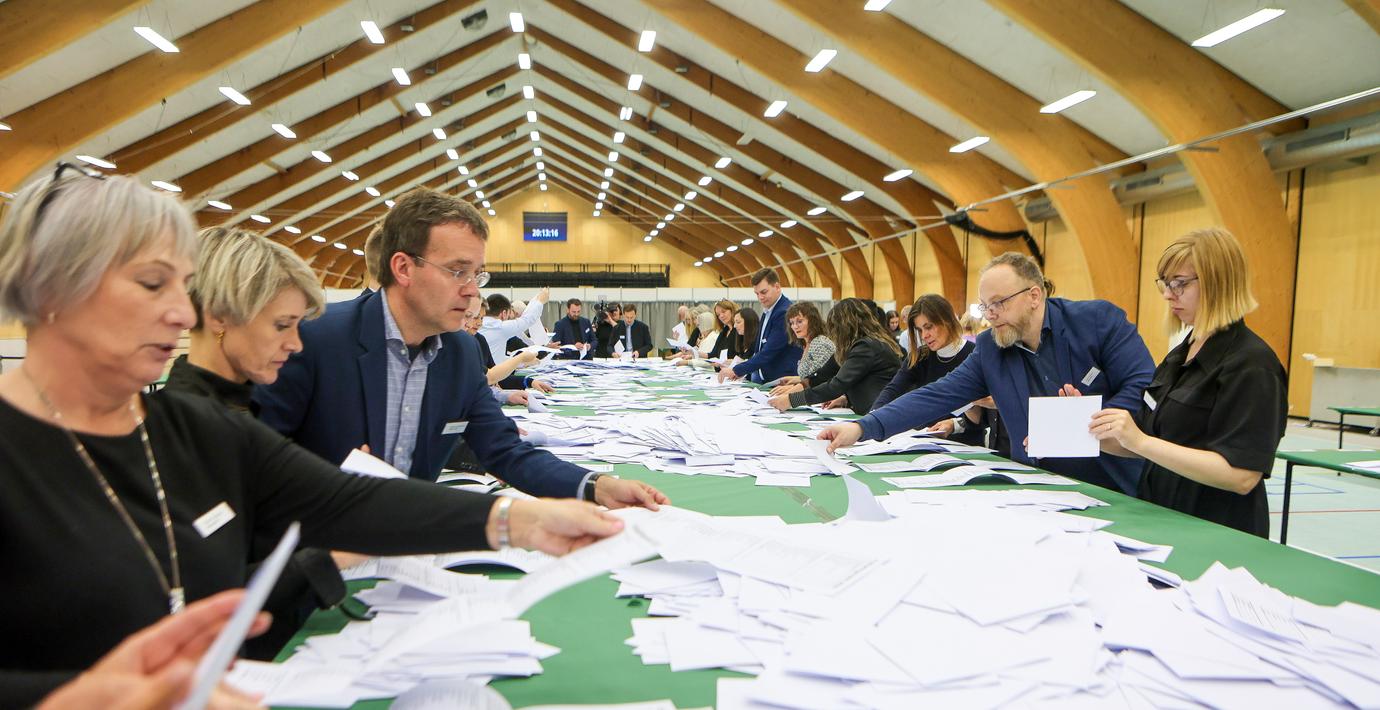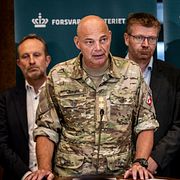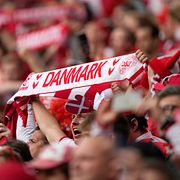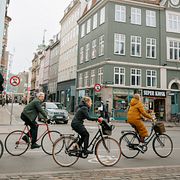
Högern och vänstern fick varsitt mandat i Färöarna
Borgerliga Venstres och Socialdemokraternas respektive systerpartier i självstyrande Färöarna, Sambandspartiet och Javnaðarflokkurin, fick varsitt mandat i folketingsvalet. Det rapporterar Ritzau under måndagskvällen.
Det innebär att de två stora politiska blocken i Danmark fick varsitt mandat, vilket var väntat. När samtliga röster räknats konstaterades även att konservativa Folkeflok var valets stora förlorare. Även Tjóðveldi, som vill att ögruppen blir en självständig stat, minskade något.
Färöarna gick till val en dag före valet eftersom 1 november är nationell sorgedag för att minnas dem som dött på havet.
bakgrund
Färöarna
Wikipedia (en)
The Faroe Islands ( FAIR-oh), or simply the Faroes or Faeroes (Faroese: Føroyar [ˈfœɹjaɹ] (listen); Danish: Færøerne [ˈfeɐ̯ˌøˀɐnə]), are a North Atlantic archipelago island country and self-governing nation under the external sovereignty of the Kingdom of Denmark.
They are located 320 kilometres (200 mi) north-northwest of Scotland, and about halfway between Norway (580 kilometres (360 mi) away) and Iceland (430 kilometres (270 mi) away). The territory is one of three constituent countries that form the Kingdom of Denmark, along with Denmark and Greenland. The islands have a total area of about 1,400 square kilometres (540 sq mi) with a population of 54,000 as of June 2022.The terrain is rugged, and the subpolar oceanic climate (Cfc) is windy, wet, cloudy, and cool. Temperatures for such a northerly climate are moderated by the Gulf Stream, averaging above freezing throughout the year, and hovering around 12 °C (54 °F) in summer and 5 °C (41 °F) in winter. The northerly latitude also results in perpetual civil twilight during summer nights and very short winter days.
Between 1035 and 1814, the Faroe Islands were part of the Kingdom of Norway, which was in a personal union with Denmark from 1380. In 1814, the Treaty of Kiel transferred Norway to Sweden, whereas Denmark kept its Atlantic territories, which included the Faroe Islands, Greenland and Iceland.
While part of the Kingdom of Denmark, the Faroe Islands have been self-governing since 1948, controlling most areas apart from military defence, policing, justice, currency, and foreign affairs. Because the Faroe Islands are not part of the same customs area as Denmark, the Faroe Islands have an independent trade policy, and can establish trade agreements with other states. The Faroes have an extensive bilateral free trade agreement with Iceland, known as the Hoyvík Agreement. In the Nordic Council, they are represented as part of the Danish delegation. In certain sports, the Faroe Islands field their own national teams. They did not become a part of the European Economic Community in 1973, instead keeping the autonomy over their own fishing waters.
Färöarna
Omni är politiskt obundna och oberoende. Vi strävar efter att ge fler perspektiv på nyheterna. Har du frågor eller synpunkter kring vår rapportering? Kontakta redaktionen



